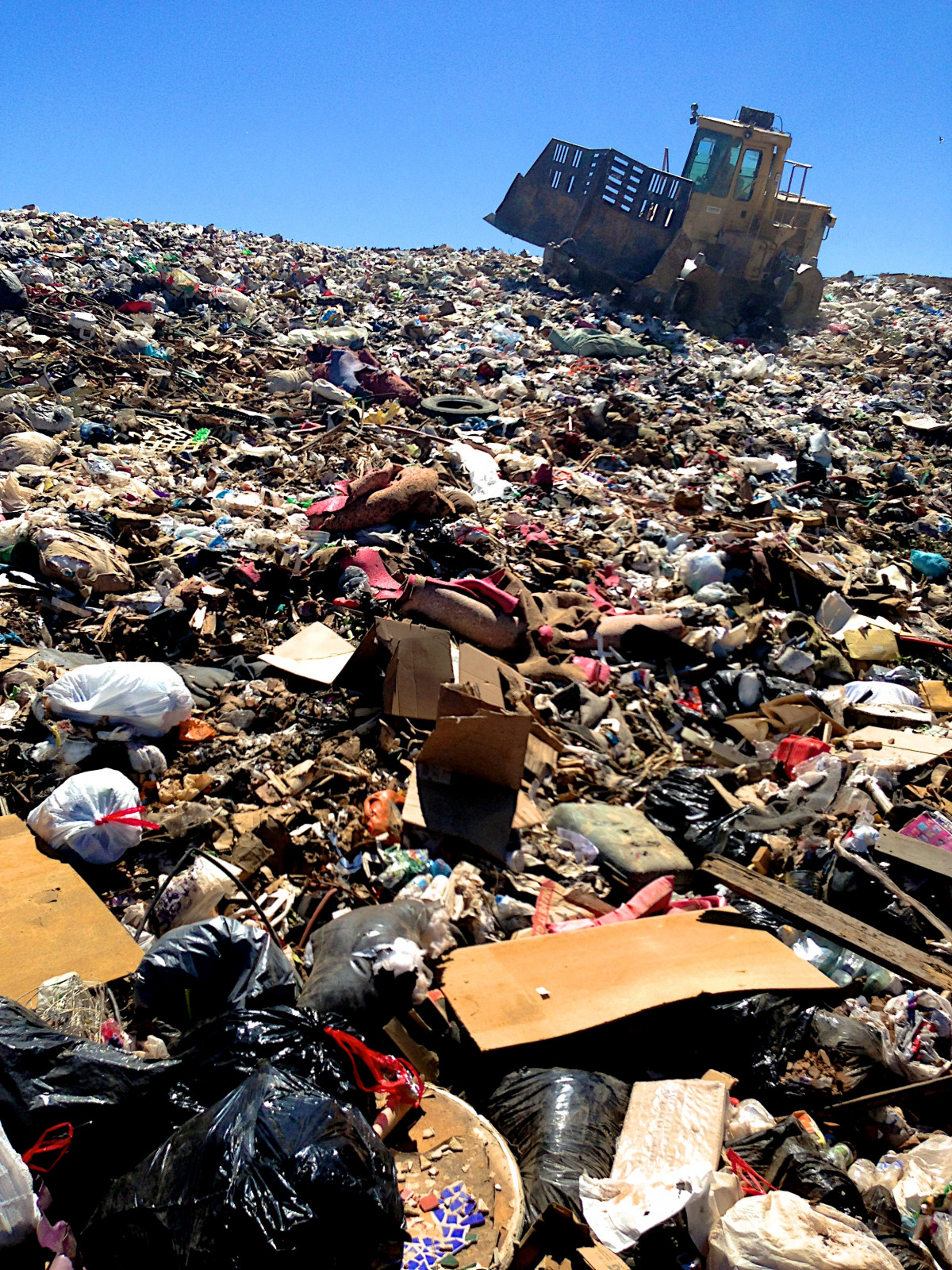In contemporary society, the proliferation of waste has emerged as an urgent challenge, necessitating the exploration of innovative methodologies to transform refuse into valuable resources. The phenomenon of waste encompasses various categories, including municipal solid waste, industrial byproducts, and agricultural refuse. By harnessing advanced scientific techniques, it is possible to repurpose these discarded materials into economically and environmentally viable products. This article explores the multifaceted dimensions of waste management, the transformative processes involved, and the societal implications of viewing waste as a resource.
Waste management strategies are diversely categorized, highlighting the different approaches to mitigating the environmental impact of refuse. Traditional waste management has predominantly focused on disposal, predominantly through landfilling or incineration, both of which bear significant ecological consequences. Conversely, emergent paradigms encourage reduction, reuse, and recycling—collectively termed the “3Rs.” These principles advocate for minimizing waste generation, prolonging the lifecycle of materials, and enabling the reclamation of product components, effectively curbing landfill pressures.
The transformation of waste into valuable resources hinges on various techniques that underscore the importance of scientific innovation. One prominent method is the mechanical and biological treatment of organic waste, which converts biodegradable materials into compost or biogas. Composting, a natural aerobic process, enriches soil fertility while simultaneously diverting organic waste from landfills. On the other hand, anaerobic digestion facilitates the decomposition of organic matter in the absence of oxygen, leading to the production of biogas—an alternative energy source that can serve as a replacement for fossil fuels.
Recycling stands as another critical component of waste mitigation. It involves the systematic collection and processing of materials, which rejuvenates their lifecycle. Recyclable materials, such as metals, paper, and plastics, can be reconstituted into new products, significantly reducing extraction demands on natural resources. However, the effectiveness of recycling programs is juxtaposed with the complexities of contamination, economic feasibility, and public participation. Despite these challenges, advancements in recycling technologies, such as advanced sorting mechanisms and chemical recycling, promise to enhance recovery rates and improve the quality of recycled materials.
A key area of scientific inquiry pertains to the application of waste-to-energy (WtE) technologies, which confront the dilemma of abundant waste with energy generation potential. Incineration, gasification, and pyrolysis are principal technologies within this category. Incineration combusts waste at high temperatures, producing energy in the form of electricity and steam, yet raises concerns regarding emissions and residual ash. Gasification and pyrolysis, however, utilize heat in oxygen-limited conditions to convert organic materials into syngas or biochar, which can be harnessed for energy or as a soil amendment, respectively. The optimization of these processes can yield both energy and a reduction in waste volume, marrying efficiency with sustainability.
Notably, the valorization of industrial byproducts presents another avenue for transforming waste into commodities. Industries often generate substantial amounts of waste, ranging from metal shavings to chemical residues. By adopting circular economy principles—where waste is integrated back into production cycles—these byproducts can be transformed into supplementary materials. For example, fly ash, a byproduct of coal combustion, can be repurposed in concrete production, enhancing durability while mitigating landfill contributions.
In addressing agricultural waste, practices such as anaerobic digestion and biochar production exemplify the reclamation of agricultural refuse. Crop residues and manure may be converted into valuable inputs for soil health, thereby creating a closed-loop system. Additionally, the development of bioprocesses to ferment organic waste into biofuels or bioplastics manifests the potential for sustainable alternatives to petroleum-based products. The implications of such practices extend beyond waste reduction, fostering economic resilience within agricultural communities.
The societal ramifications of implementing waste transformation practices cannot be understated. Shifting the perception of waste from a mere disposal issue to a valorized resource invites a fundamental change in consumer behaviors and corporate responsibility. Educational initiatives play a pivotal role in promoting awareness of the potential intrinsic value of waste. By cultivating a culture that encourages conscientious consumption and informed waste disposal, stakeholders—ranging from individuals to corporations—can actively contribute to sustainability efforts.
Despite the promising advancements in waste valorization and management, significant hurdles remain. Economic viability often hinders the adoption of innovative technologies, as high initial investment costs and fluctuating market demands challenge the scalability of waste-to-resource initiatives. Additionally, regulatory frameworks must evolve to support the integration of transformative practices into existing waste management systems. Policymakers, industry leaders, and researchers must collaboratively navigate these challenges, establishing incentives and standards that facilitate the seamless transition to a circular economy.
In conclusion, the discourse surrounding waste management has progressed significantly, moving towards a paradigm wherein waste is viewed not as an endpoint, but as a resource laden with potential. Through rigorous scientific inquiry and technological innovation, the opportunity to transform waste into treasure presents itself. As society continues to grapple with increasing waste generation, embracing these innovative approaches offers a pathway to not only mitigate environmental impacts but also foster economic growth and sustainability. The journey from waste to value is fraught with complexities, yet the potential return on investment—both environmental and economic—affirms the necessity of this endeavor. The future of waste management lies in recognizing the latent value within our refuse, challenging the conventional narrative that has historically defined it as mere trash.










